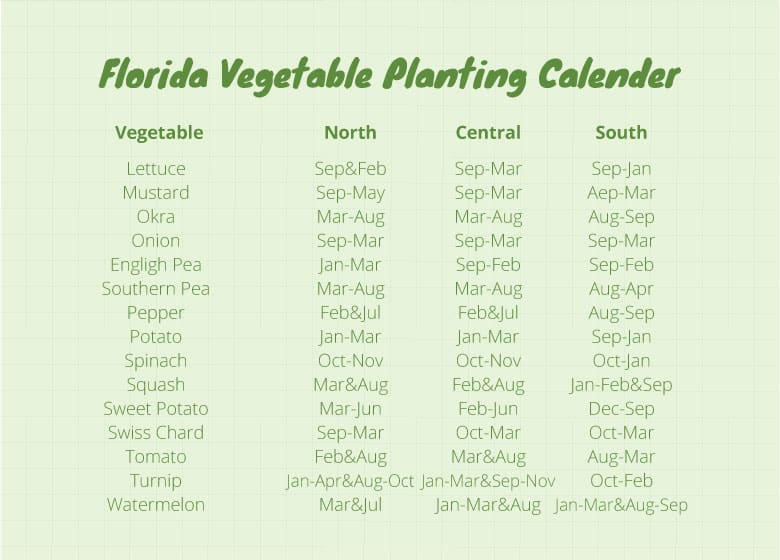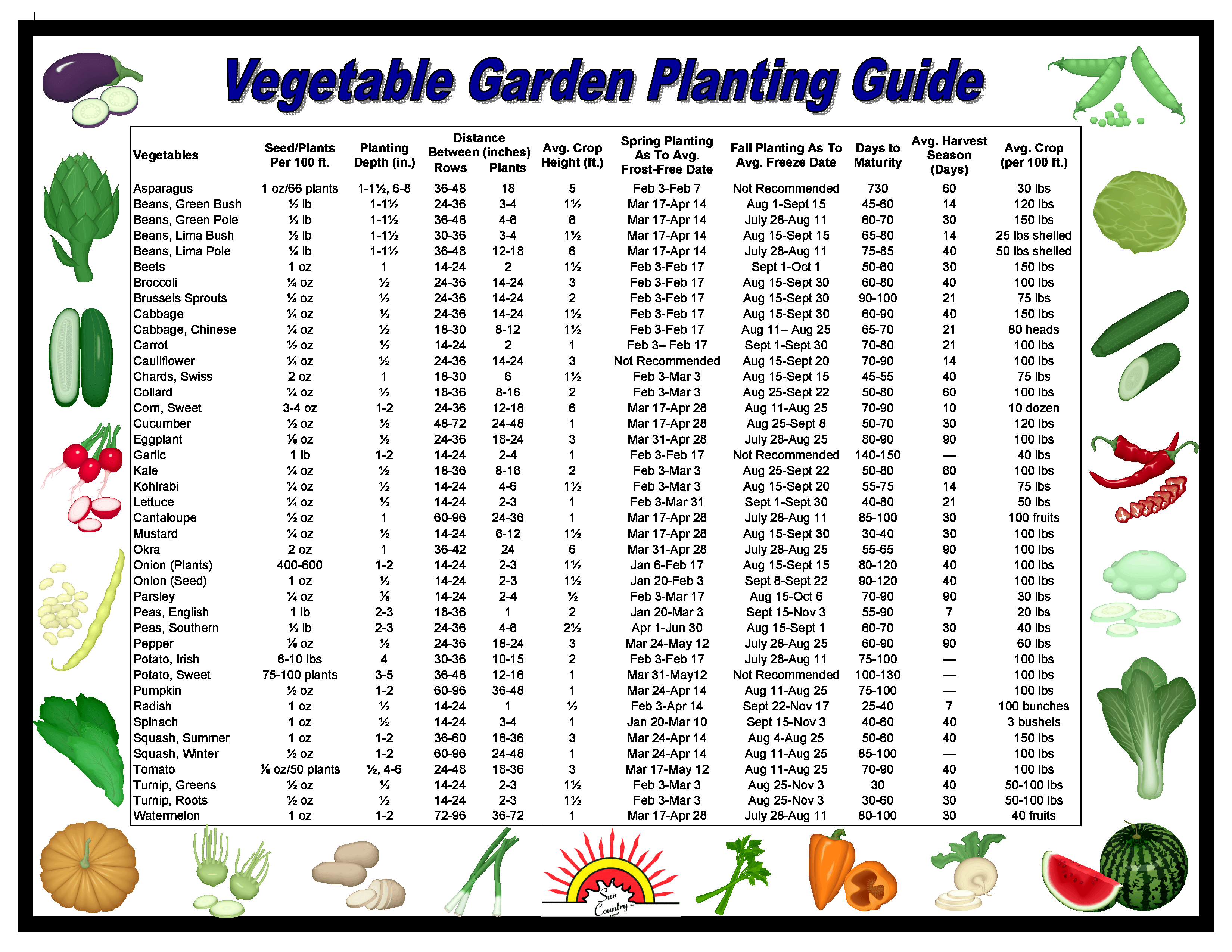Imagine stepping into your backyard and harvesting fresh, vibrant vegetables, even in the midst of a scorching Central Florida summer. It might seem challenging, but with the right know-how, a flourishing summer garden is within reach. This guide provides everything you need to know about summer vegetable gardening in Central Florida, from selecting the ideal varieties to overcoming common challenges.
Central Florida's subtropical climate presents unique opportunities and challenges for summer gardeners. The long, hot, and humid days can be tough on some plants, but they also create ideal growing conditions for a variety of heat-loving vegetables. Understanding these conditions is crucial to successful summer gardening. Choosing the right vegetables that thrive in this climate is the first step towards a productive and rewarding harvest.
Historically, Floridians have adapted their gardening practices to the state's unique climate. Native Americans cultivated crops like beans, squash, and corn, demonstrating an early understanding of the region's agricultural potential. Today, home gardeners continue this tradition, drawing on both historical knowledge and modern techniques to produce a wide array of summer vegetables. The importance of local food production has also gained traction, encouraging more people to explore the benefits of growing their own food.
One of the main challenges faced by Central Florida gardeners during summer is the intense heat and humidity. These conditions can lead to increased pest and disease pressure, as well as potential heat stress for certain plants. Proper watering techniques, soil management, and pest control methods are essential for mitigating these challenges and ensuring a healthy harvest.
Before diving into the specifics, let's define "summer vegetables" in the context of Central Florida. These are vegetable varieties that thrive in warm temperatures and can withstand the region's humid conditions. Examples include okra, Southern peas, sweet potatoes, and certain types of tomatoes and peppers. These vegetables have adapted to thrive in the unique conditions presented by a Central Florida summer.
One significant benefit of cultivating a summer vegetable garden in Central Florida is access to fresh, homegrown produce. This allows for healthier eating habits, as you control the growing process and avoid potentially harmful pesticides. Another advantage is the cost savings associated with growing your own food, especially considering the rising prices of groceries. Finally, gardening provides a rewarding connection to nature and a sense of accomplishment as you nurture your plants from seed to harvest.
Creating a successful summer vegetable garden involves several key steps. Start by selecting suitable varieties, then prepare the soil by amending it with compost or other organic matter. Plant seeds or seedlings according to their specific requirements, ensuring proper spacing. Regular watering and fertilization are crucial throughout the growing season. Finally, implement pest and disease control measures to protect your plants.
Here's a quick checklist for your summer vegetable garden:
Select heat-tolerant varieties
Prepare the soil
Plant seeds or seedlings
Water regularly
Fertilize appropriately
Implement pest and disease controlAdvantages and Disadvantages of Summer Vegetable Gardening in Central Florida
| Advantages | Disadvantages |
|---|---|
| Fresh, homegrown produce | Intense heat and humidity |
| Cost savings | Increased pest and disease pressure |
| Connection to nature | Requires consistent effort |
Best Practices:
1. Choose the right varieties. Research which vegetables thrive in Central Florida's summer heat.
2. Prepare the soil properly. Amend the soil with compost or other organic matter.
3. Water consistently. Provide adequate water, especially during hot and dry periods.
4. Monitor for pests and diseases. Regularly inspect plants for signs of problems.
5. Harvest at the right time. Pick vegetables at their peak ripeness for optimal flavor.Examples of vegetables to grow: Okra, Southern peas, sweet potatoes, tomatoes (heat-tolerant varieties), peppers (heat-tolerant varieties).
Challenges and Solutions:
1. Heat stress: Provide shade during the hottest part of the day.
2. Pests: Use organic pest control methods.
3. Diseases: Practice crop rotation to prevent disease buildup.
4. Heavy rain: Ensure proper drainage to avoid root rot.
5. Weeds: Mulch around plants to suppress weed growth.FAQs:
1. What vegetables grow best in Central Florida during the summer? Heat-tolerant varieties like okra, Southern peas, and certain tomatoes and peppers.
2. When should I start planting my summer garden? Late spring or early summer, depending on the specific vegetable.
3. How often should I water my summer vegetables? Regularly, especially during hot and dry periods.
4. What are common pests in Central Florida gardens? Aphids, whiteflies, and nematodes.
5. How can I prevent diseases in my garden? Practice crop rotation and good sanitation.
6. What are some good companion plants for summer vegetables? Basil, marigolds, and nasturtiums.
7. How can I protect my plants from the intense summer heat? Provide shade during the hottest part of the day.
8. Where can I find more information on gardening in Central Florida? Local extension offices and gardening websites.Tips and Tricks: Mulch around plants to retain moisture and suppress weeds. Use raised beds for better drainage. Start seeds indoors for a head start on the growing season. Consider using a trellis for vining plants like cucumbers and beans.
Cultivating a thriving summer vegetable garden in Central Florida requires knowledge, dedication, and a touch of adaptability. By choosing the right varieties, implementing effective gardening techniques, and addressing potential challenges, you can enjoy a bountiful harvest of fresh, flavorful vegetables throughout the summer months. The benefits of homegrown produce extend beyond the dinner table, encompassing cost savings, a healthier lifestyle, and a deeper connection to the natural world. Embrace the challenges, learn from your experiences, and savor the rewards of your own Central Florida summer garden. Start small, experiment with different varieties, and enjoy the journey of growing your own food. The taste of a sun-ripened tomato picked straight from your garden is a reward unlike any other. So, grab your gardening gloves, prepare your soil, and embark on this rewarding adventure!
Mastering the upside down smiley keyboard tricks tips
Unlocking the secrets toyota rav4 hybrid model comparison
Unlock your potential conquering reading comprehension in 12th grade
What Vegetables Are In Season Now Ireland at Susan Lewis blog - Khao Tick On
vegetables to grow in summer central florida - Khao Tick On
North Texas Garden Calendar - Khao Tick On
Summer Vegetables to Grow in your Florida Vegetable Garden - Khao Tick On
Plant Seeds From Fruits And Veggies at Mack Canas blog - Khao Tick On
New Jersey Planting Calendar - Khao Tick On
Flowers That Grow In A Month at Daniel Eddings blog - Khao Tick On
8 Vegetables to Plant in June Zone 9 - Khao Tick On
vegetables to grow in summer central florida - Khao Tick On
vegetables to grow in summer central florida - Khao Tick On
Pin on Vegetables and Fruit in Season - Khao Tick On
Albums 103 Background Images Vegetables That Grow Above And Below The - Khao Tick On
South Georgia Vegetable Planting Calendar - Khao Tick On
What Vegetables To Grow In Florida at Sandra Hartung blog - Khao Tick On













